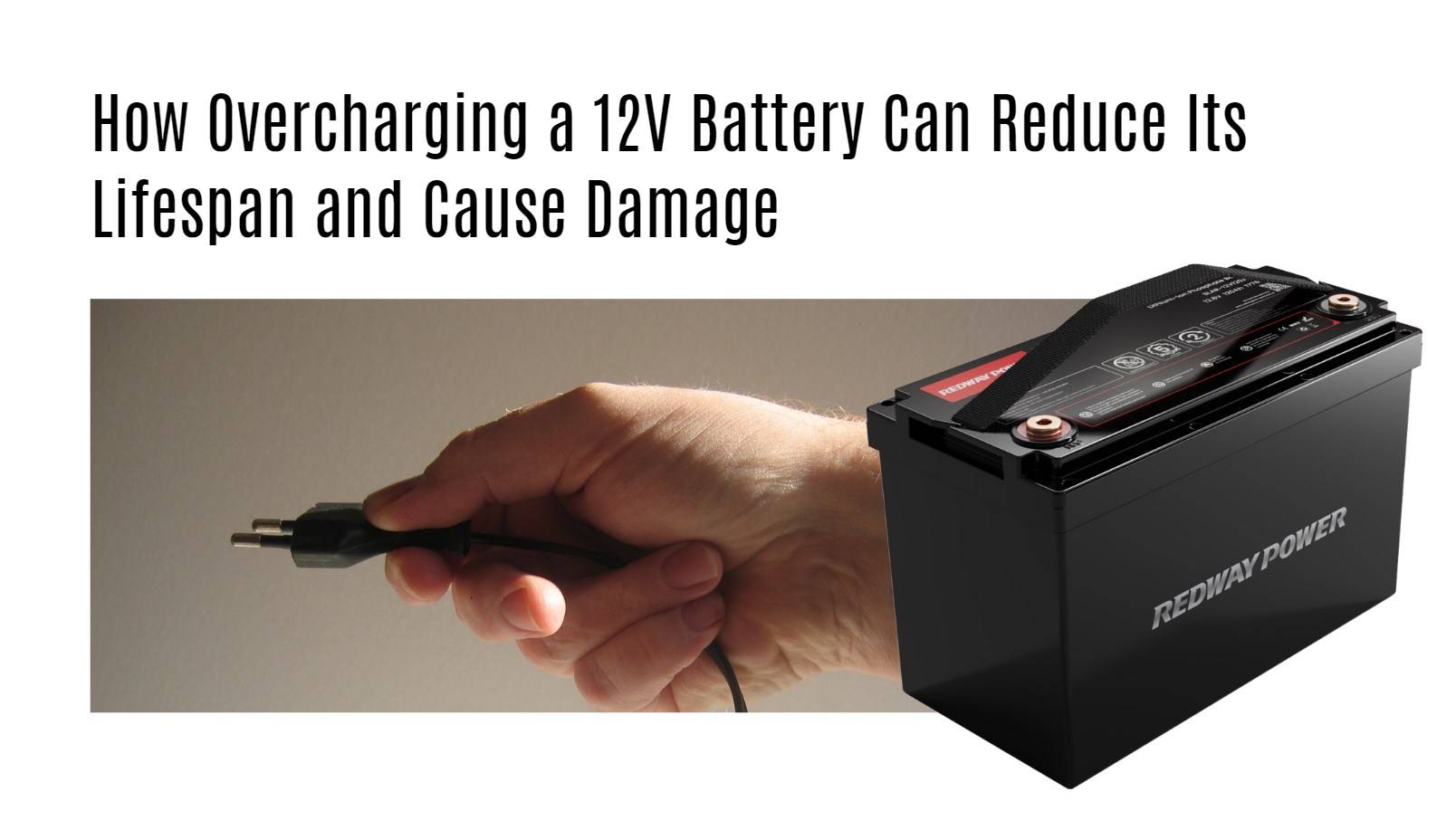Overcharging a
12V battery, particularly lead-acid types, can significantly reduce its lifespan and cause irreversible damage. Typically, a lead-acid battery is considered overcharged when it exceeds
14.4 volts, leading to overheating, gassing, and potential safety hazards.
What Happens When You Overcharge a Lead-Acid Battery?
When a lead-acid battery is overcharged, excess voltage causes chemical reactions that generate heat and gas. This process can lead to:
- Increased Internal Pressure: Excessive gas buildup can cause swelling or rupture.
- Electrolyte Degradation: The electrolyte may evaporate or become corrosive, damaging internal components.
- Warped Plates: Physical deformation of plates can occur due to extreme heat.
Effects of Overcharging
| Effect |
Description |
| Increased Pressure |
Risk of swelling or rupture |
| Electrolyte Loss |
Evaporation or corrosion |
| Plate Damage |
Warping or melting of internal components |
How Does Overcharging Affect Battery Lifespan?
Overcharging significantly shortens a battery’s lifespan by:
- Increasing internal resistance due to heat.
- Causing irreversible sulfation on the battery plates.
- Reducing the number of effective charging cycles.
These factors contribute to diminished capacity and performance over time.
Impact on Lifespan
| Factor |
Impact on Lifespan |
| Internal Resistance |
Increases wear and tear |
| Sulfation |
Irreversible damage to plates |
| Charging Cycles |
Reduced number of effective cycles |
What Are the Signs of an Overcharged Battery?
Signs that indicate your
12V battery may be overcharged include:
- Swelling or Bulging: Physical deformation indicates pressure buildup.
- Excessive Heat: The battery feels hot during or after charging.
- Leaking Electrolyte: Fluid escaping from the battery casing is critical.
Signs Overview
| Sign |
Description |
| Swelling |
Indicates internal pressure |
| Heat |
High temperatures during charging |
| Leakage |
Fluid escaping from casing |
At What Voltage Is a 12V Battery Considered Overcharged?
A
12V lead-acid battery is generally considered overcharged when it exceeds:
- 14.4 volts for standard flooded batteries.
- Higher voltages for sealed types (AGM or gel) may vary slightly but typically remain below 14.6 volts.
Monitoring voltage levels during charging is essential to prevent overcharging.
Voltage Thresholds
| Type |
Full Charge Voltage |
Overcharge Voltage |
| Flooded Lead-Acid |
~12.7 volts |
>14.4 volts |
| AGM/Gel |
~13.0 volts |
>14.6 volts |
How Can You Identify an Overcharged Battery?
To identify if your battery is overcharged:
- Check for physical signs like swelling or leakage.
- Measure voltage using a multimeter; readings above recommended levels indicate overcharging.
- Monitor temperature; excessive heat during charging is a warning sign.
Identification Methods
| Method |
Description |
| Visual Inspection |
Look for swelling or leaks |
| Voltage Measurement |
Use a multimeter to check voltage levels |
| Temperature Check |
Assess heat levels during charging |
What Are the Best Practices to Prevent Overcharging?
To prevent overcharging:
- Use smart chargers that automatically adjust based on battery state.
- Set correct charging voltages according to battery specifications.
- Regularly maintain batteries by checking fluid levels and cleaning terminals.
Prevention Strategies
| Strategy |
Description |
| Smart Chargers |
Automatically adjust output based on charge |
| Correct Voltage |
Ensure charger settings match battery type |
| Regular Maintenance |
Check fluid levels and clean terminals |
Expert Views
“Understanding how overcharging affects your 12V battery is essential for maintaining its health and longevity,” states energy expert Dr. Emily Carter. “Implementing proper charging practices can prevent damage and ensure safety.”
FAQ Section
- Can I recover a battery that has been overcharged?
In some cases, you may restore functionality, but often irreversible damage occurs.
- What should I do if my battery overheats?
Stop charging immediately and allow it to cool down; inspect for damage afterward.
- Are lithium batteries susceptible to overcharging?
Yes, lithium batteries can also be overcharged; they require specific chargers designed for their chemistry.



